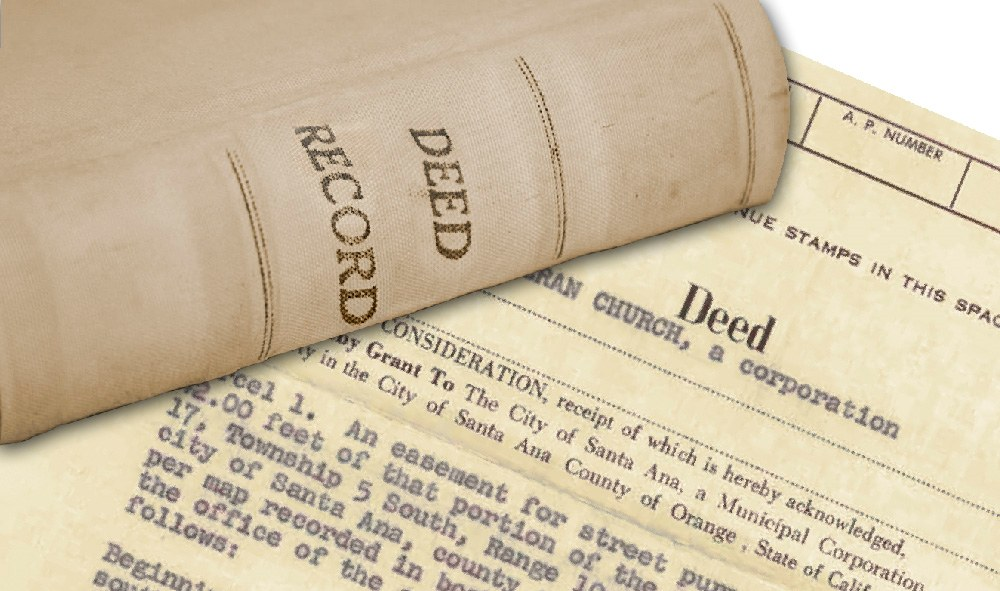Undue influence in New Jersey can become a problem when transferring property according to a Last Will and Testament, as deed is required to initiate that transfer. This legal document must be signed by all involved parties and will have the specifics of the property included. However, this can become complicated if the issue of undue influence is argued during or after the deed is signed. Keep reading to learn how deeds operate in estate planning, and how claims of undue influence can get in the way.
What is a Deed? How Does it Operate in Estate Planning?
A deed is a legal document that transfers the ownership of physical property, usually real estate, to another person. This legal agreement transfers the title to the person agreeing to the deed. A title grants ownership of the property–this comes with specific responsibilities according to your role. Titles may be transferred to an individual, pair (such as married couples), or even a corporation.
The deed, then, is the actual document that is signed to transfer the title, and is filed with the County Clerk for recording. The Executor or Administrator needs to sign the deed for it to become valid, unless otherwise by a Court’s Order. This is the last step in transferring property, often preceded by a probate process or inspections.
How Does Undue Influence In New Jersey Impact Deeds?
The issue of undue influence can take place during any legal agreement. In regard to deeds, it is possible for either the grantor or grantee to be unduly influenced to sign the deed. In other cases, disclaimers must be signed along with the deed to ensure it won’t be contested later. To prevent these issues, making sure that all documents are signed with a notary (or other witnesses) present is essential. Regardless of the merit of the claims, any claim of undue influence will slow down the transfer of property.
The Case: The Matter of the Estate of Warren A. Theckston
In this New Jersey case, the Estate of Warren Theckston is complicated when his estranged son makes claims of undue influence regarding the deeds and disclaimers signed to transfer property to the daughters of Theckston.
Theckston died intestate, but made arrangements for his daughter, Jacqueline, to receive deeds for three of his properties. The intent was that Jacqueline would also take care of her two other sisters. However, the deeds listed the notary as the preparer of the deeds, something that wasn’t true. To ensure that the validity of the deeds wouldn’t be called into question later, Jacqueline, her sisters, and estranged brother, James, all signed disclaimers.
However, James later claimed that his father was unduly influenced to create the deeds, and that his own signature on the disclaimer was fraudulent. He argued that Warren did not have the capacity to create and sign the deeds before his passing. However, he showed little to no evidence of this. It was also unlikely for James to be aware of his father’s condition, as they’d been estranged for fifteen years.
For these reasons, the Appellate Court sided with Jacqueline and deemed the deeds and disclaimers valid.
Have Questions On Deeds & Undue Influence In New Jersey?
[button type="success" size="lg" link="https://wshlawyers.com/contact/%22] Contact Ward, Shindle, & Hall [/button]

